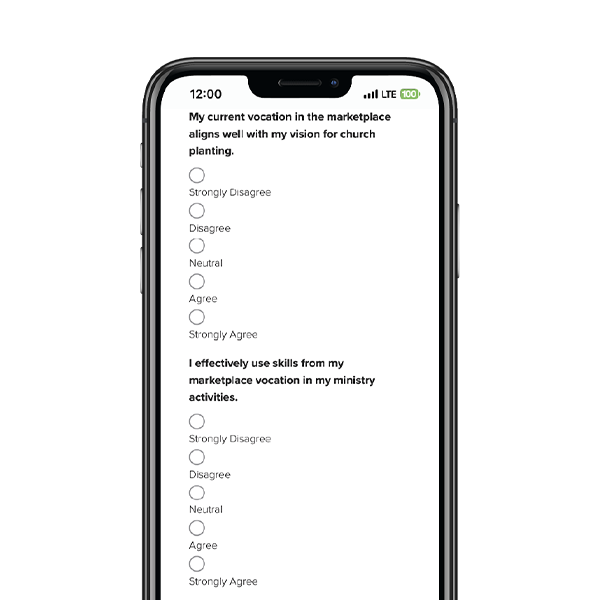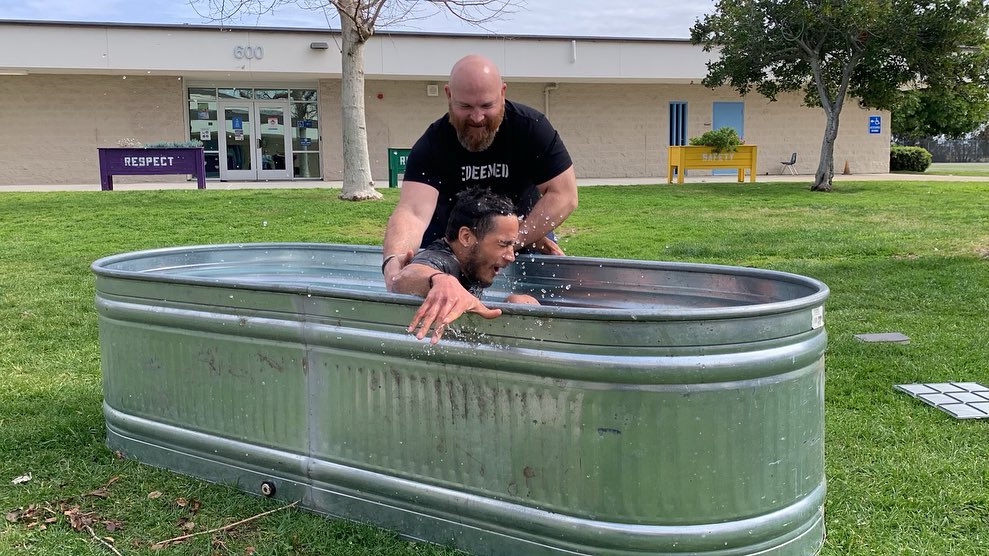Discipleship is messy because our lives are messy. One size certainly doesn’t fit all. How can you tell if you are making disciples? Below are four poor examples of things we substitute for making disciples.
SMALL GROUP GROUPIES
Small group involvement as a single discipleship metric is a mistake. You are making a lot of assumptions when you say that someone is growing because she is going to a small group. This can be a faulty accusation because of three pivotal reasons. The first is that the small group may not be good at making disciples. The second is that you are assuming that the person connects with the small group. And third, you have to take into the account the people who will not attend a small group for various reasons.
Small group involvement as a single discipleship metric is a mistake. You are making a lot of assumptions when you say that someone is growing because she is going to a small group.
CLASS ENVY
A steady spiritual diet of classes or seminars is as unhealthy as eating broccoli casserole three meals a day. Here are five elements that limits the discipling potential of seminars.
Leadership development – In most classes the option to “listen, learn, and leave” as a consumer is readily available. If a disciple is one who makes disciples, this approach is the very undoing of legitimate discipleship.
Year-around accountability – Being more accountable for managing your money, reading the Bible, or finding God at work in your life in 13-week intervals is helpful, but not enough.
Strong relationships – People can hide in the smallest of small groups. What makes life-on-life discipleship effective is that you spend significant time with a few people.
Opportunities to serve – Anything learned or practiced with a group of people must be easily transferable to daily life with Jesus. We can’t merely follow Jesus in groups. But one strength of group life is learning to serve others by serving together.
Deeper conversations – Most seminars and classes are rushed. The teaching time starts late and some people have to leave early. Disciple-making cannot be reduced to 60 or 90 minutes of structured time a week.
DOCTRINAL FLUENCY
A third defective metric of discipleship is measuring one’s ability to fluently rehearse Bible-speak.
Jesus agreed about the importance of accurate beliefs and truth. “…For if you do not believe that I am He, you will die in your sins” But how is the truth setting the disciples you are making free?” (John 8:32) Truth was never meant to be an end in itself, but truth applied to the life of a disciple has an amazing transformational affect.
Truth was never meant to be an end in itself, but truth applied to the life of a disciple has an amazing transformational affect.
A healthy diet of biblical preaching and Bible study is important to build healthy believers. But strong interpersonal coaching and accountability are also critical to help disciples hear God and live out what they are learning. After all, discipleship is living daily with Jesus.
GOOD DEEDS
Sometimes the opposite side of a one-dimensional fascination with doctrinal fluency is an equally unhelpful enchantment with performing good deeds. Many new church plants have a strong emphasis on serving their communities, which as preciously discussed, is incredibly wise.
New church plants need an engaged labor force to serve well. A good deeds approach requires all hands on deck.
One benefit of a good deeds emphasis is that people far from Christ can find a significant place. No Christian language requirements exist. No belief statements or giving records are needed to qualify them. “Leave your resumes’ at home and come love our city with us” is open-ended invite.
New church plants need an engaged labor force to serve well. A good deeds approach requires all hands on deck. So shepherds often default to separating the “sheep from the goats” by those who serve, and those who don’t. Mature disciples serve their city, right? Then good deeds provide more than simply a place to belong. They become a place of acceptance and affirmation. “The more I serve the more they love me” can be the unintended message. Serving, as a single discipleship metric is very dangerous.
Published April 19, 2016




